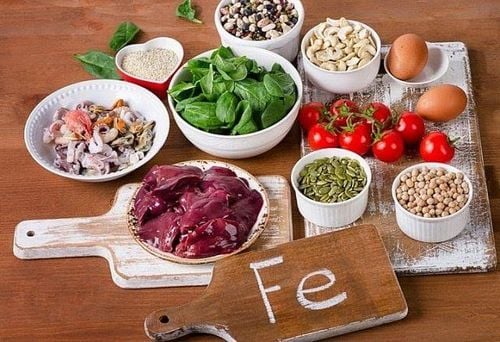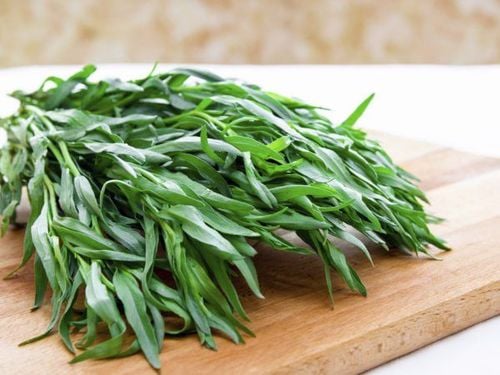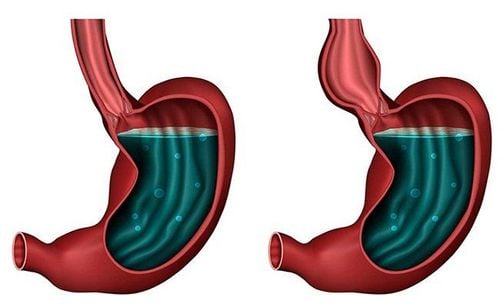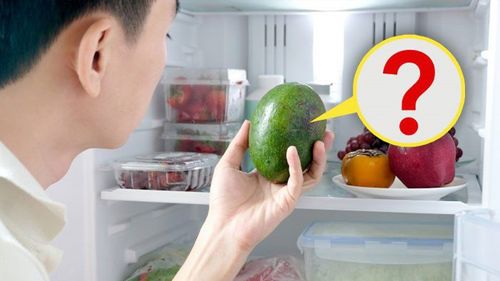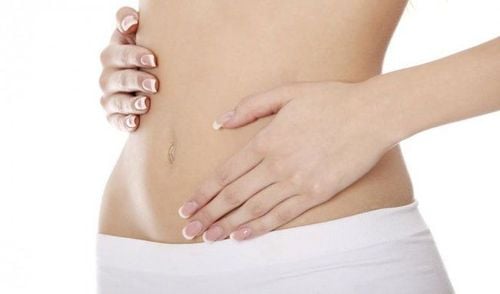This is an automatically translated article.
Depression affects many people mentally and even physically, and it can be life-changing. Treatment and medical advice can often help relieve symptoms, but lifestyle remedies, such as a healthy diet, can also boost depression. In this article, we look at some foods and other nutrients that may be beneficial and some that people with depression should avoid.1. Diet and Depression
Sometimes, feeling depressed for people with depression causes them to eat more junk food out of control. Unfortunately, the foods they eat during this period can backfire. Eating junk food when depressed can actually make people with depression feel worse. Some foods that are not suitable for people who are depressed often contain some of the following:Saturated fats Refined sugars Many times processed ingredients Caffeine One of the factors that can contribute to depression is: a person's eating habits, which will determine the amount of nutrients they consume. In a 2017 study, the symptoms of people with moderate to severe depression improved when they received nutrition counseling sessions and ate a healthier diet for 12 weeks. The improved diet focuses on fresh and whole foods that are high in nutrients. It also limits processed foods, sweets and fried foods, including junk food. Depressive symptoms, including mood and anxiety, improved enough to achieve remission criteria in more than 32% of the participants.
The researchers concluded that people can control or improve symptoms of depression by changing their diet. Sticking to a healthy diet and making sure you get regular exercise can help you manage your symptoms of depression. It can even make them disappear altogether.
There is no specific diet specifically for treating depression, but eating more of some foods and less or none of others can help some people manage their symptoms. Many nutrients are available in foods that can assist with this condition, but we should consult our doctor before taking any supplements, as they can sometimes affect the health of the body. other drugs.
2. Foods to avoid in depression
Eating regular meals at the same time every day is the first step of a healthy diet. The next step is to choose the right foods and avoid the following:2.1. Caffeine and sugary foods For someone who loves caffeine, it can be difficult to eliminate it from their diet. However, simply limiting the daily intake of caffeine in people with or showing signs of depression can work without eliminating them altogether. Caffeine can disrupt sleep patterns and make us feel anxious, both of which are not helpful for depression, but may also increase symptoms. People who drink more than 400 milligrams of caffeine a day, the equivalent of four cups of brewed coffee, should consider cutting back if they feel they are at risk for depression.

Nên loại bỏ caffeine ra khỏi chế độ ăn cho người trầm cảm
Lean protein Complex carbohydrates, such as whole grains Fruits and vegetables 2.2. Alcohol and other stimulants When feeling depressed, many people easily turn to alcohol or other dangerous drugs. They may feel good for a short time, but these substances usually only make things worse. Alcohol and drugs interfere with a person's sleep cycle and cause mood swings and increased feelings of anxiety. Not only that, if you are taking any prescribed medication, alcohol and drugs can expose you to negative side effects and they can even cause the medicine to stop working or not work properly. regime.
Talk to your doctor if you have trouble abstaining from drugs or alcohol. Doctors will teach you ways to keep yourself awake without using these harmful substances.
2.3. Refined foods Convenience foods, such as fast food and junk food, can be high in calories and low in nutrients. Studies have shown that people who consume a lot of fast food are more likely to suffer from depression than those who eat mainly raw foods. Processed foods, especially those high in sugar and starch, can contribute to an increased risk of depression. When a person eats refined carbs, the body's energy levels rise rapidly but then drop. A chocolate bar can give an instant energy boost, but can also drop quickly.
The best advice is to choose fresh, nutrient-rich whole grains to provide a steady source of energy over time.
2.4. Processed oils Saturated and refined fats can cause inflammation, and they can also impair brain function and worsen symptoms of depression. Fats to avoid include:
Trans fats, found in many processed foods like chips, fried chicken... Fats in red and processed meats Safflower and corn oil , rich in omega-6 fatty acids

Hhông nên sử dụng dầu ngô trong chế độ ăn cho người trầm cảm
3. Food should be used for people with depression
3.1. 'Good' Carbs for Boosting Mood Eating carbohydrates activates the brain which helps them release the mood-enhancing neurotransmitter serotonin. So instead of trying to avoid carbs, eating the right kind of carbs can be a good choice when we're feeling down. Eat wholegrain bread and other healthy carbohydrates. Try to stay away from sugary snacks and eat more:Fruits Vegetables High fiber foods 3.2. Omega-3 Improved brain function is the main benefit associated with omega-3s. However, some studies have shown that foods with omega-3s can also help you manage symptoms of depression. Foods rich in omega-3 include:
Fish Nuts Canola oil Flaxseed oil Almonds Dark green leafy vegetables 3.3. Vitamin D Several studies have shown that people who are deficient in vitamin D experience symptoms related to depression more often. We can get vitamin D from sunlight, besides being a food source in our daily diet. Make sure you regularly eat foods that contain vitamin D, such as:
Fish Tofu Milk 3.4. Selenium Selenium is an essential element for good health. Few studies have focused on the link between selenium deficiency and depression. Additionally, some additional research has shown that taking selenium may reduce feelings of depression. Selenium can be found in foods such as:
Nuts Whole grains Beans Seafood Lean meat However, eating too much selenium can be toxic, so talk to your doctor before taking a supplement. any dietary supplement or preparation containing any selenium.
The many physical benefits of maintaining a healthy and balanced diet are well known. However, you probably won't know how those simple diet tips can help improve your mood, energy levels, and overall sense of well-being. When you're feeling depressed or even negatively affected by the changing seasons, knowing the right foods to eat can help you overcome those symptoms and prevent depression.

Nên bổ sung các loại thực phẩm giàu omega 3 vào chế độ ăn cho người trầm cảm
Exercise at least 150 minutes a week Spend more time outdoors Avoid alcohol and other substances Get enough sleep 7 – 8 hours a day Doctors can often recommend suitable treatments to help people manage symptoms of depression, and these can include adopting a healthier diet .
References: healthline.com, medicalnewstoday.com, webmd.com





